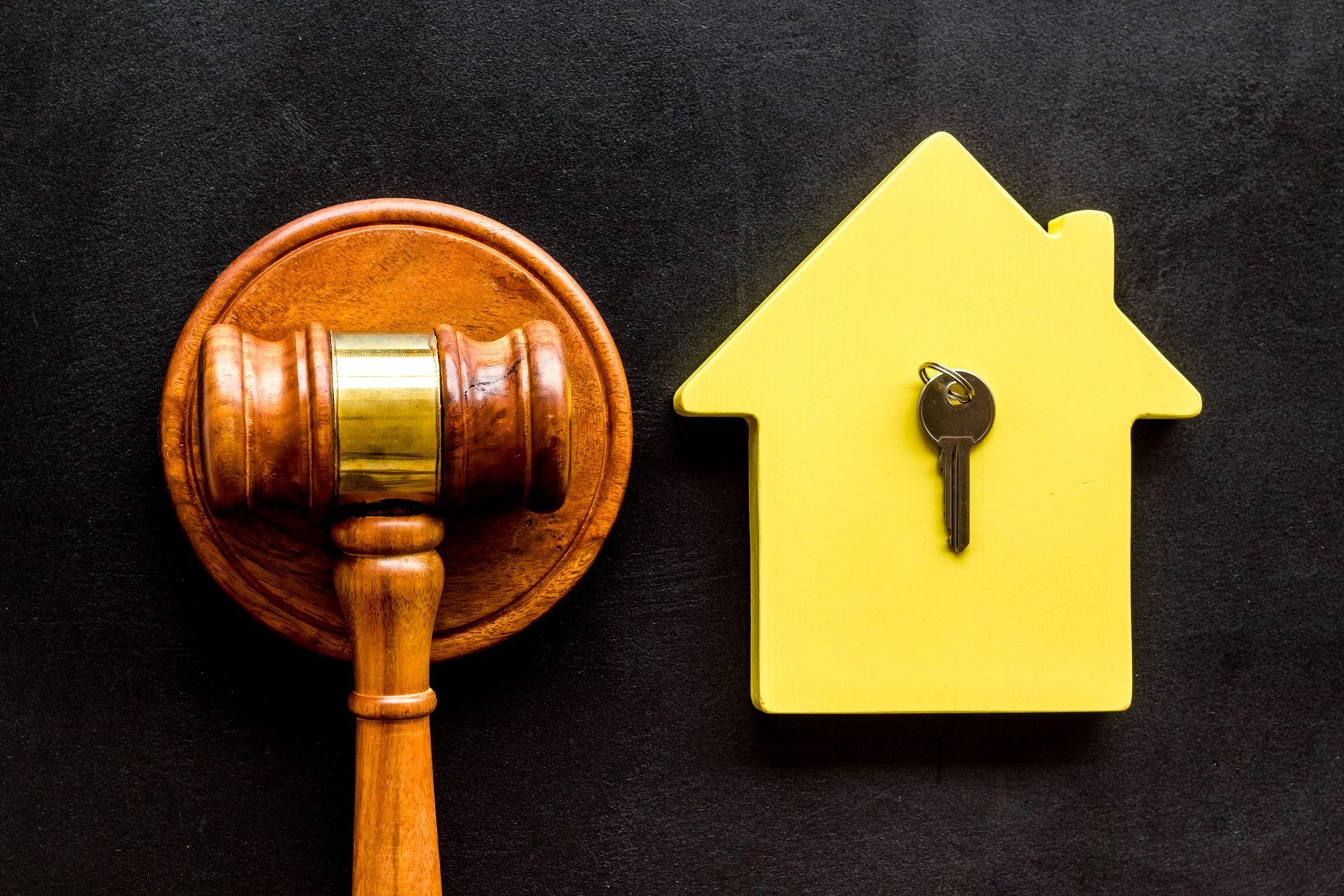What Are Squatters Rights in California?
Squatting refers to the act of occupying someone else’s home or property without paying rent. While those acts amount to trespassing in certain situations, California’s civil laws create a narrowly defined pathway for squatters to claim legitimate ownership over their residence, even when they have no title to the property. Many people in this situation ask, “What are squatters’ rights in California?” It’s important to learn what state law has to say about the matter.
Understanding Squatting in California
California has over one million vacant homes, which is the third-highest total in the United States. The state also accounts for 28% of the nation’s homeless population. With the average monthly rent for a two-bedroom apartment at approximately $2,628, many individuals and families are priced out of the rental market. The figures create dynamics that make squatting a serious matter in California.
Under California law, squatting is generally treated as a civil matter unless other crimes, such as breaking and entering or vandalism, are involved. In some cases, squatters may attempt to claim adverse possession under California Code of Civil Procedure §§ 315–330.
To succeed, they must:
- Openly occupy the property.
- Pay property taxes.
- Meet the state’s five-year continuous possession requirement.
When squatters do not meet these conditions, they can be removed through legal eviction proceedings. For property owners, understanding the legal process for removing squatters is crucial for protecting their property rights. Squatting carries significant legal risks and rarely results in property rights.
Do Squatters Have Rights?
Yes, squatters in California have limited rights under specific circumstances. California squatters’ rights laws allow a person to claim ownership through adverse possession if they meet strict requirements, but the vast majority of these efforts are ultimately unsuccessful.
Until the formal eviction process removes them, squatters may also have protections against unlawful self-help removals, meaning property owners must go through the court eviction process.
If a landlord tries to physically remove the squatter or remove their property, the landlord could face civil liabilities. Legal action is the safest route for property owners to reclaim possession of their property.
How Can Landlords Reclaim Their Property?
Landlords in California who have been unlawfully locked out of their property can take action to reclaim their property from a squatter. To lawfully recover possession of their property, landlords must file an unlawful detainer action and obtain a judgment for eviction.
Once granted, the court issues a writ of possession, which the county sheriff enforces by physically removing the occupants. If any personal property is left behind, landlords must follow California’s abandoned property laws, which require giving written notice and storing the items for a set period before disposal or sale.
In cases involving squatters, landlords may also need to provide evidence that disproves any adverse possession claims, ideally with the help of a squatter’s rights attorney. Following the correct legal process and avoiding taking action outside the legal process helps landlords avoid liability issues.
Tips for Preventing Squatters From Infringing on Property Owner Rights
Property owners in California can take proactive steps to reduce the risk of squatters occupying their homes by regularly inspecting their properties. If someone broke into the residence, those violations can be addressed early.
Securing entry points with sturdy locks and setting up fences adds another layer of protection. Posting clear “No Trespassing” signs can also establish boundaries. This can also support future legal claims by the property owner.
Other tips include installing security cameras and motion-activated lighting to discourage entry. Promptly addressing maintenance issues also shows that the property is being monitored. These steps can protect the property and dissuade would-be squatters from intruding on someone else’s property.
FAQs
Can Squatters Be Forcibly Kicked Out?
Property owners cannot forcibly remove squatters and must follow California’s legal eviction process. This often involves serving proper notices and filing an unlawful detainer action. Acting outside the law can expose owners to liability. Once the courts are involved, a judge will consider the facts of the case when determining the appropriate course of action.
How Long Can You Squat In a House In California?
In California, continuous, open, and notorious possession for at least five years may allow a squatter to claim ownership under adverse possession laws, but strict requirements apply. These requirements include paying property taxes and meeting all statutory conditions. Understanding this timeline is crucial because the laws are very specific about what must happen when.
What Is The New Squatters Law In California?
As of 2025, there is no new law in effect that changes how squatters are removed in California. Proposed legislation, such as Senate Bill 448, would allow a faster removal through law enforcement after a formal notice. Currently, property owners must follow the standard civil eviction process through the courts.
What Qualifies As A Squatter In California?
A squatter is someone who occupies property without the owner’s permission and without a legal right to be there, such as a lease. Squatters may move into vacant buildings or remain after a lease ends without consent. Whether you are seeking possession of a property you do not own or are a landlord seeking to evict squatters, legal representation can greatly improve your chances of a successful outcome under the law.
Hire a Squatters’ Rights Lawyer From Shield Law, APC, Today
The California squatters’ rights laws, also known as adverse possession, allow someone to claim ownership of a property after meeting strict legal requirements. These include open and continuous occupation for at least five years, payment of property taxes, and compliance with all statutory conditions.
It is important to remember that squatters’ rights cases rarely succeed, largely due to the requirement to pay property taxes. Property owners who understand these rules can act quickly to protect their interests and prevent unwanted claims.
At Shield Law, APC, Professor Kareem Aref applies his state and federal court litigation background to assist clients in property disputes. Whether you are a tenant, property occupier, or property owner, the decision to hire a squatters’ rights lawyer is vital for success. Contact our office today to safeguard your property rights.














